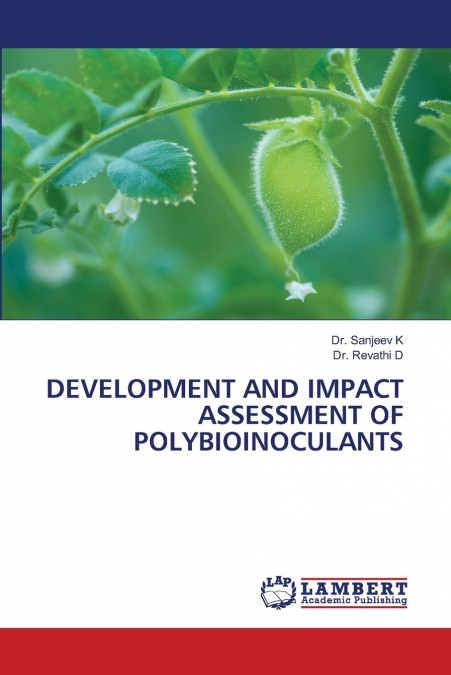
Dr. Revathi D / Dr. Sanjeev K
When applied to plants, soil, or seeds, bioinoculants-microorganisms-promote plant development, enhance soil quality, and boost crop yields. Because they provide a natural, environmentally friendly substitute for artificial pesticides and fertilisers, bioinoculant research is essential to sustainable agriculture and helps to reduce pollution in the environment. By improving plant growth, nutrient uptake, and stress tolerance, they also increase yield. They also enhance the health of the soil. Future research might therefore focus on developing formulations, understanding mechanisms, investigating innovative bioinoculants, and scaling up bioinoculants.This is an attempt by the authors to address the ideas of bioinoculants that are helpful in creating and formulating bioinoculants. We hope that this will help students grasp the ideas behind bioinoculants and foster a scientific mindset while working with them.The authors would like to thank their mentor and inspiration, Prof. Pavan Kumar Pindi, Department of Microbiology, Palamuru University, Mahabubnagar, for his unwavering support and direction throughout this effort.